| |
Maine Nutrition Council
Fall Educational Event
Dempsey Center, Lewsiton, ME
September 28, 2017
School Garden Intensive
Sebago Elementary School
October 14, 2017
9am - 4pm
Let's Go! 5210 School Symposium
Orono, ME - Oct. 19, 2017
Portland, ME - Oct. 20, 2017
National Agriculture in the Classroom Conference
Portland, ME
June 26 - 29, 2018
___________________________
Teach ME about Food & Farms
*Contact us to plan a workshop date for your school for Fall 2017
|
|
|
Special Programs
|
Agroworld- agricultural science e-zine developed for the secondary educator
Kids Gardening has ideas about plants and gardens, teacher resources, and grant opportunities.
The Chop Chop magazine and website has easy and healthy recipes.
Illinois Agriculture in the Classroom Ag Mags are 4-page, colorful agricultural magazines for kids.
|
| Agriculture License Plate |
 |
|
Funding from this plate has impacted 98,528 students in 2016 with lessons, materials, volunteers and teacher training. Annually up to $60K is distributed in grants to schools, FFA, 4-H and other Non-profit programs for Ag education initiatives by the Maine Agriculture in the Classroom Council.
|
|
| Contact Us |
28 State House Station
Augusta, Maine 04333
207-287-5522
|
|
|
August Newsletter
#71
|
2017 |
2018 Teacher of the Year
Each year, MAITC recognizes an outstanding Maine elementary or secondary school teacher who uses agricultural education materials and/or activities in the classroom to teach core subjects. Applications are Due October 5, 2017. Winner will receive trips to the National AITC Conferences in Portland, ME in 2018 and Little Rock, AR in 2019.
|
|
Summer Teacher's Institute Recap
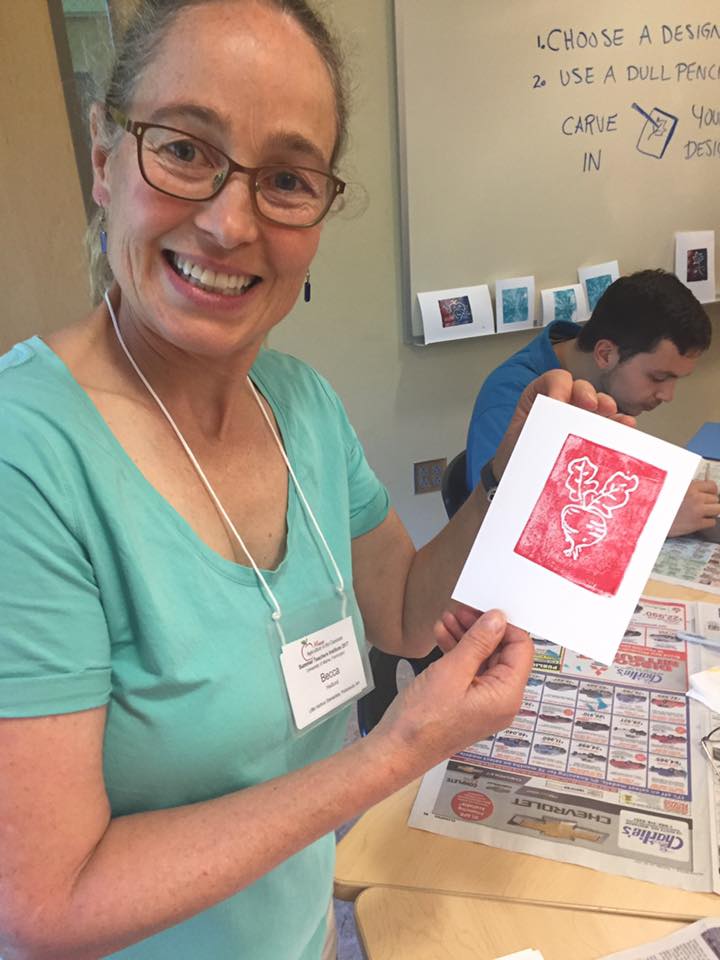
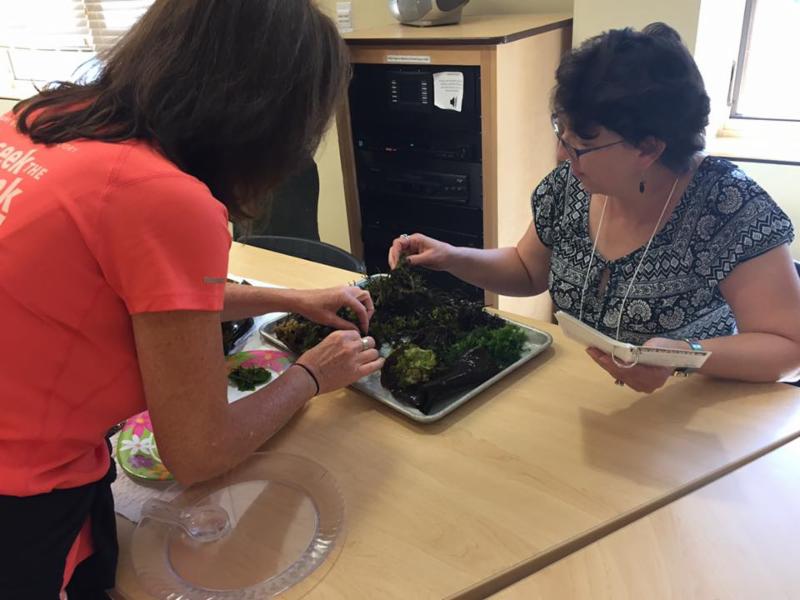
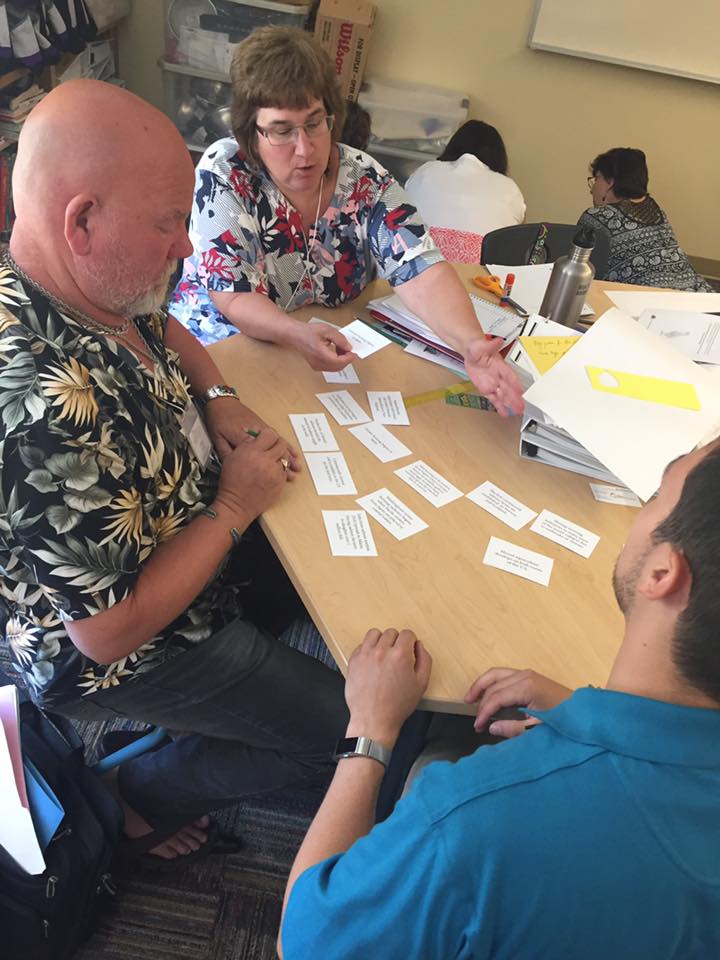 Maine Ag in the Classroom had a blast with 30 teachers at the University of Maine at Farmington last week! We learned about seaweed, bugs, fiber, and so much more. We created some ag art, toured around western Maine, and even made worm bins! To see more pictures check out our hashtag on social media: #SummerTeachersInstitute2017
Maine Ag in the Classroom had a blast with 30 teachers at the University of Maine at Farmington last week! We learned about seaweed, bugs, fiber, and so much more. We created some ag art, toured around western Maine, and even made worm bins! To see more pictures check out our hashtag on social media: #SummerTeachersInstitute2017
|
|
Save the Date - School Garden Intensive
"Bringing the Garden Into Your Classroom this Fall"
A school garden intensive for teachers and school garden educators. Participants will receive g
arden lessons, Wild Blueberry Curricula, Agriculture for ME Resources and more!
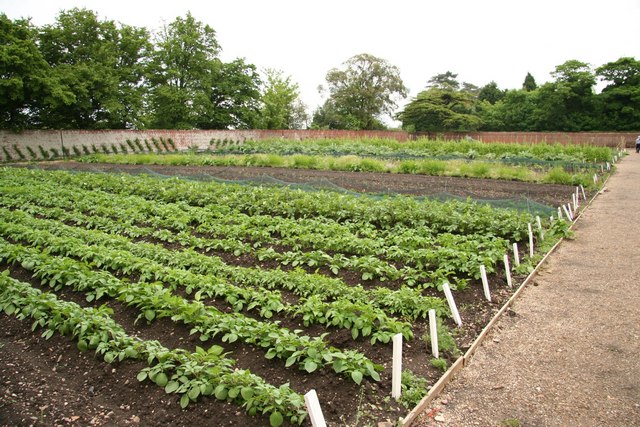 When: When: October 14, 2017 9:00 - 4:00
Where: Sebago Elementary School (283 Sebago Rd, Sebago, ME 04029 for GPS)
Participants will receive 7 contact hours or .7 CEU's from the University of Maine.
Register online
using Eventbrite. Or you can register by mail via the registration on our website.
Registration deadline is October 1.
|
|
Farm to School Playbook from Fuel up to Play 60
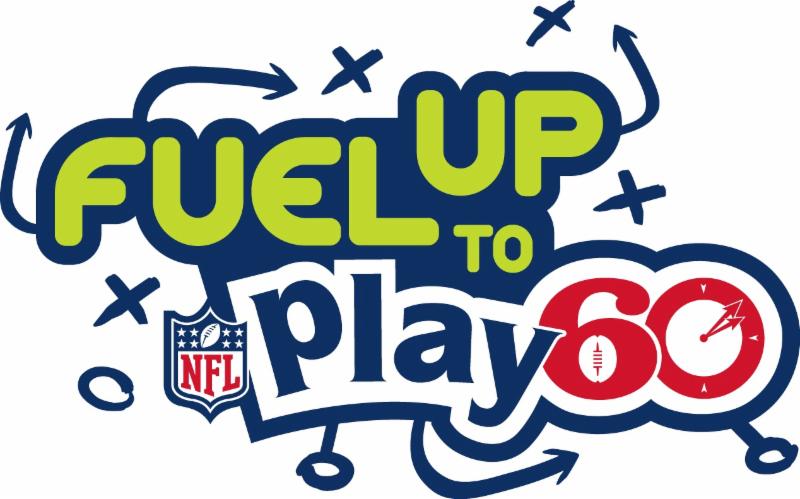
Fuel Up to Play 60 offers educators a wide array of resources they can use to help students make sustainable changes in their school environment. This farm to school playbook offers great information to help you team up with the farmers and people in your school and community to learn more about the benefits of eating dairy and other farm-grown foods from your area. Check it out!
|
Save the Date!
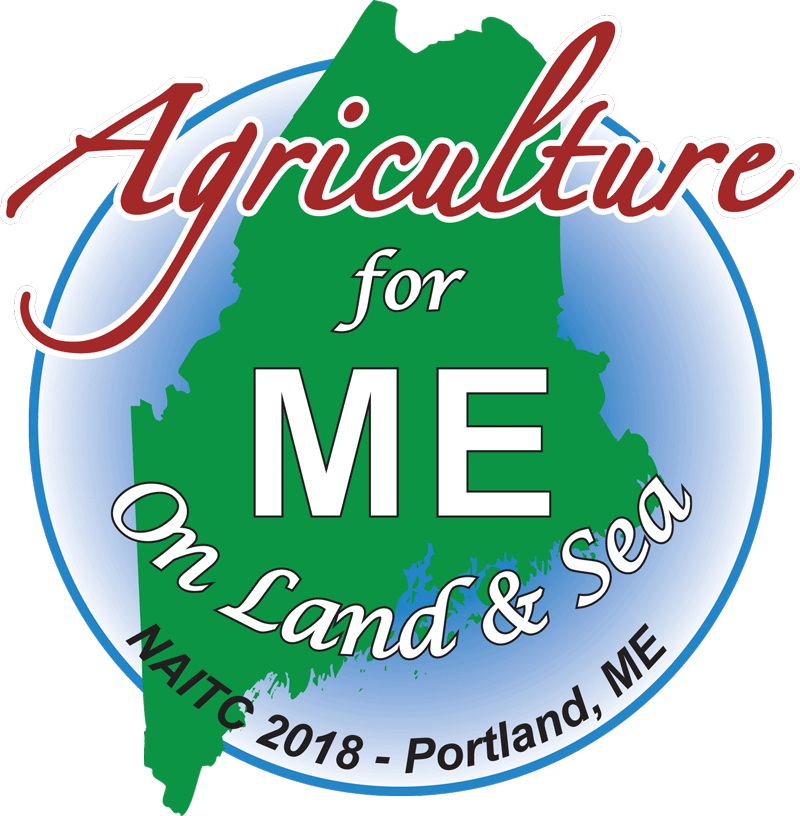
The National Agriculture in the Classroom Conference is coming to Portland, ME! June 26-29, 2018. Keep your eyes and ears open for great opportunities!
|
|
Grant Opportunity
The CHS Foundation and National Agriculture in the Classroom Organization are partnering again
this school year to offer CHS Classroom Grants. Teachers
in
kindergarten th
rough 12th grade who have agriculture projects they would like to fund to help them teach reading, writing, math, science, social studies and more are eligible to apply. Fifteen $500 grants will be awarded. The deadline for applications is Sept. 15.
|
Read ME Agriculture County Leads
Maine Agriculture in the Classroom is looking for help for our future Read ME Programs.
If you're interested in being the lead in your county to help coordinate the volunteer reading program, please contact
Kelsey.
|
|
|
Lessons:
- The Good the Bad and the Ugly. Grades: PreK-2. Objectives: to identify some of the important roles insects play on the Earth, to identify insects that are harmful or helpful to the environment.
- Sharing the Planet. Grades: PreK-2. Students will be able to identify some of the important roles insects play on the earth as well as identify insects that are harmful and helpful to the environment. Students will be able to graph the different types of insects and play games using a bingo board.
- What is IPM? Grades: PreK-2. Objective: to understand the purpose and methods of Integrated Pest Management, IPM.
- Bug Busters. Grades: PreK-5. Students will research, observe, and read for information on pest control, and nature's food chain. Using this information students will understand and recognize that bats and other natural predators help control insect population and in doing so will find a deeper understanding of nature's food chain.
- Pests and Pesticides in Agriculture. Grades: 3-5. In this lesson students learn the definition of a pest and identify categories of pests including vertebrates, invertebrates, weeds, or disease. Through a classroom activity, students learn how pests affect the growth of crops and how integrated pest management (IPM) is used to control pests.
- What's Bugging You? Grades: 3-5. Students will learn the definition of a pest, examine how pests affect other living organisms and the environment, and identify how pests are managed in agricultural settings.
- Hungry Pests Unit. Grades: 6-8. In this four lesson unit students will learn about invasive species: what they are, the threats they pose, and damages they can cause; as well as the many pathways hungry pests use to enter new locations, establish, and spread, as well as the efforts already in place to stop them. Students will understand more clearly why it's important to track the pests' spread, how big of an effort and undertaking it is, and how people can make the problem worse-often unknowingly.
- Pesticide Wise. Grades: 6-8. Students will learn about the selection, handling, storage and disposal of pesticides. They will read about the background of pesticide use and the harm it can pose. Students will look at new vocabulary and the information given on labels to find important information.
- Hygiene for Horror. Grades 9-12. Students will understand cause and effect as well as comparing and contrasting in this lesson and by the end will be able to draw conclusions. Students will learn what contributes to the spread of infectious disease and how pest management can control the spread of infectious disease.
Books: 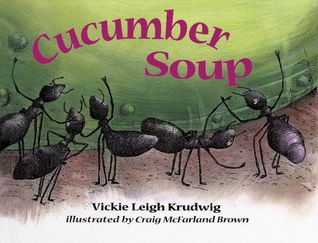
Cucumber Soup
A Weed Is a Flower: The Life of George Washington Carver
The Boy Who Changed the World
Backyard Detective: Critters Up Close
Life in a Bucket of Soil
Resources:
Grades 9-12. This new initi
ati
ve will
inspire students using an innovative, multi-modal curriculum that brings to life critical issues impacting the agriculture industry, such as sustainability, the new science behind farming, and entrepreneurship.
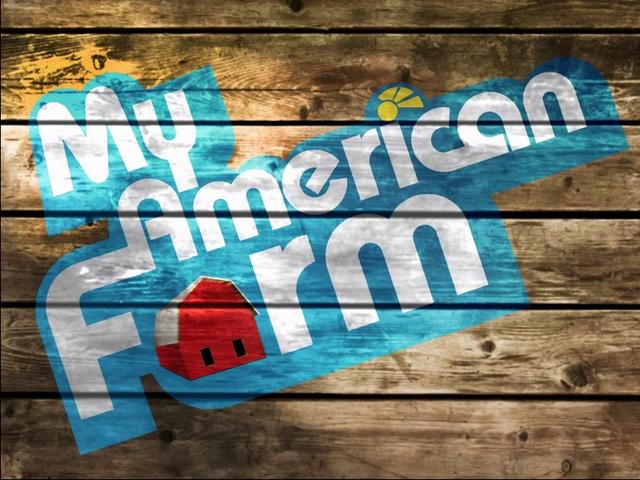
Grades PreK - 5.
Dive into a world of food, fun and farming as you play to learn!
|
|
| |
|